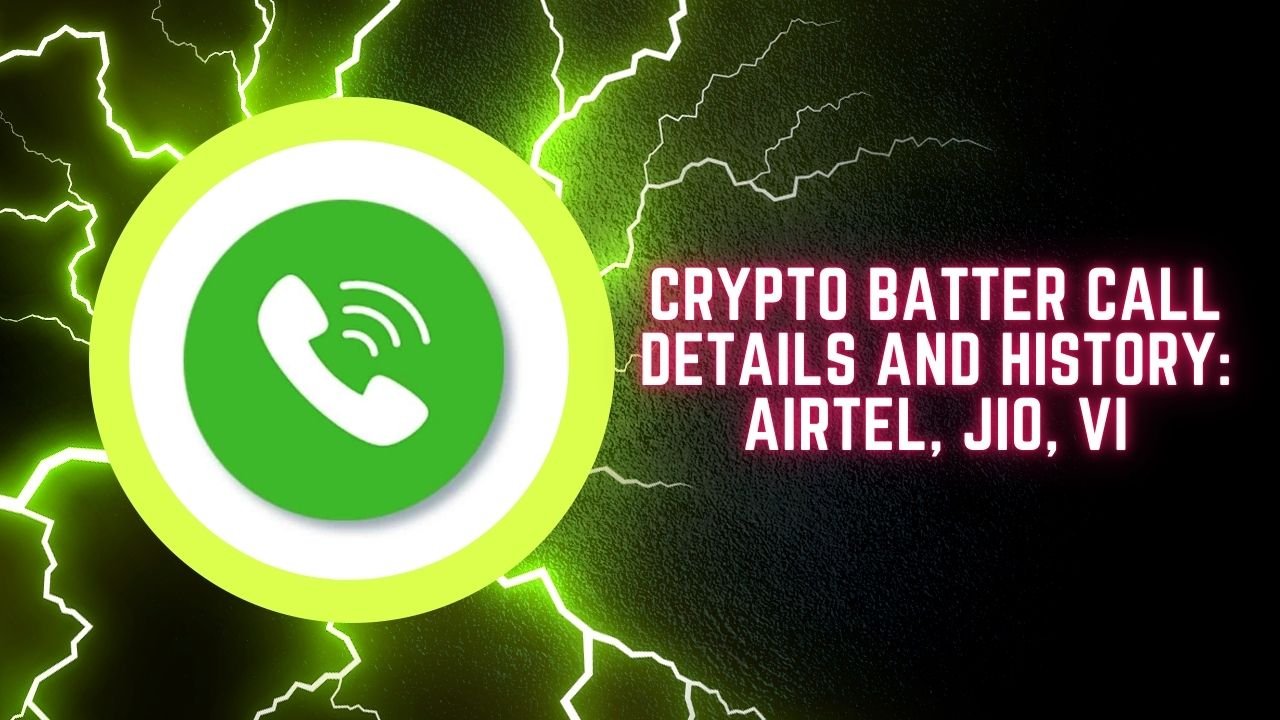Wifihack.in WiFi Password Show Telegram channel claims to help users find WiFi passwords easily. With the increase in demand for free internet access, many people are curious about such services. However, it is important to know whether these services are safe and if they truly work.
In this article, we will explore the Wifihack.in WiFi Password Show Telegram channel, its functions, and whether it is worth trying. We will also discuss potential risks and provide frequently asked questions (FAQs) at the end for better understanding.

What is Wifihack.in WiFi Password
Wifihack.in WiFi Password Show is a Telegram channel that claims to provide WiFi passwords to users. The idea is that users can join the channel and access various WiFi networks’ passwords without having to guess or ask the owners. These channels promote themselves as helpful tools for people looking to connect to WiFi in public places or even at home.
Many people are attracted to these channels because they offer free WiFi passwords, which seem like a convenient solution to save on mobile data costs. Telegram, being a popular messaging app, is often used for sharing such content due to its large group capacity and ease of sharing files.
How Does It Work?
According to the channel’s claims, users can join the Wifihack.in WiFi Password Show channel and receive updates on WiFi passwords. The channel may also provide tutorials or apps that promise to reveal WiFi passwords in your area. In some cases, users are asked to download apps or follow certain steps to access these passwords.
These apps or tools might claim to “hack” into a WiFi network to give you free internet access. Most of the time, they use names like “WiFi hacker,” “WiFi unlocker,” or “WiFi password finder” to attract people. However, it is essential to note that accessing someone else’s WiFi network without permission is illegal and unethical.
Is It Safe to Use?
The safety of using Wifihack.in WiFi Password Show Telegram channel is a big concern. Many such channels and services might not be legitimate. They could be scams designed to trick users into downloading malicious apps or providing personal information. Here are some risks to consider:
- Malware and Viruses: Many of the apps or tools shared on these channels could contain malware or viruses. These could harm your device, steal your personal information, or compromise your security.
- Privacy Risks: Some apps might ask for unnecessary permissions, such as access to your contacts, photos, or files. This can lead to privacy invasion and unauthorized access to your sensitive data.
- Legal Issues: Using someone’s WiFi without permission is illegal in many countries. If you are caught accessing a WiFi network that you do not own or have permission to use, you could face legal consequences, such as fines or even jail time.
- Scams: Many channels like Wifihack.in WiFi Password Show may ask you to pay a small fee or provide personal information in exchange for access to WiFi passwords. These are often scams that take your money or data without delivering what they promise.
Do These Channels Really Work?
In most cases, channels like Wifihack.in WiFi Password Show do not work as advertised. Hacking into WiFi networks is not as simple as they claim. Most WiFi networks have strong security protocols, and breaking into them requires sophisticated tools and technical knowledge.
These channels often rely on outdated or fake information to lure users in. Even if they provide a WiFi password, it is likely old or inaccurate. Additionally, the chances of finding a WiFi password that works for your area are slim.
Legal Alternatives to Free WiFi
Instead of risking your privacy or breaking the law, here are some legal ways to get free or affordable internet access:
- Public WiFi: Many cafes, restaurants, libraries, and other public places offer free WiFi to their customers. Always check for public WiFi networks before trying to access someone else’s private network.
- Mobile Data Plans: Many mobile network providers offer affordable data plans that include free WiFi access in certain areas. You can also look for prepaid plans with unlimited data or hotspot features.
- WiFi Sharing: Some apps allow people to share their WiFi connections legally. Apps like WiFi Map or Instabridge let users find and share WiFi networks with others.
FAQs About Wifihack.in WiFi Password Show Telegram Channel
1. Is Wifihack.in WiFi Password Show Telegram channel safe to use?
No, it is not safe to use. Many of these channels contain malware or scams. They may harm your device or compromise your privacy.
2. Can I really get free WiFi passwords from this channel?
It is unlikely that the WiFi passwords provided by these channels will work. Most WiFi networks are secure, and hacking into them is illegal.
3. Is it legal to use WiFi passwords obtained from these channels?
No, using WiFi without permission is illegal. You could face legal consequences if you are caught using someone else’s WiFi without their consent.
4. Are there legal alternatives to getting free WiFi?
Yes, there are many legal alternatives, such as public WiFi, affordable mobile data plans, and WiFi-sharing apps like WiFi Map.
5. What are the risks of using WiFi hacking apps?
WiFi hacking apps can contain malware or viruses that can harm your device. They may also invade your privacy by accessing your personal data.
6. What should I do if I accidentally download a WiFi hacking app?
If you accidentally download a suspicious app, delete it immediately and run a security scan on your device. Change your passwords and be cautious of any unusual activity on your accounts.
Read:- DailyDoze WiFi Password Viewer
Conclusion
Wifihack.in WiFi Password Show Telegram channel may seem like an easy way to get free internet access, but it is not safe or reliable. Most of the WiFi passwords provided by such channels do not work, and attempting to use them can lead to serious security risks and legal trouble. Instead, opt for legal and safe alternatives like public WiFi or affordable data plans to stay connected.
Always remember to prioritize your privacy and security over the convenience of free internet access. Avoid risky Telegram channels or apps, and stick to legal ways of finding WiFi networks.




Harman